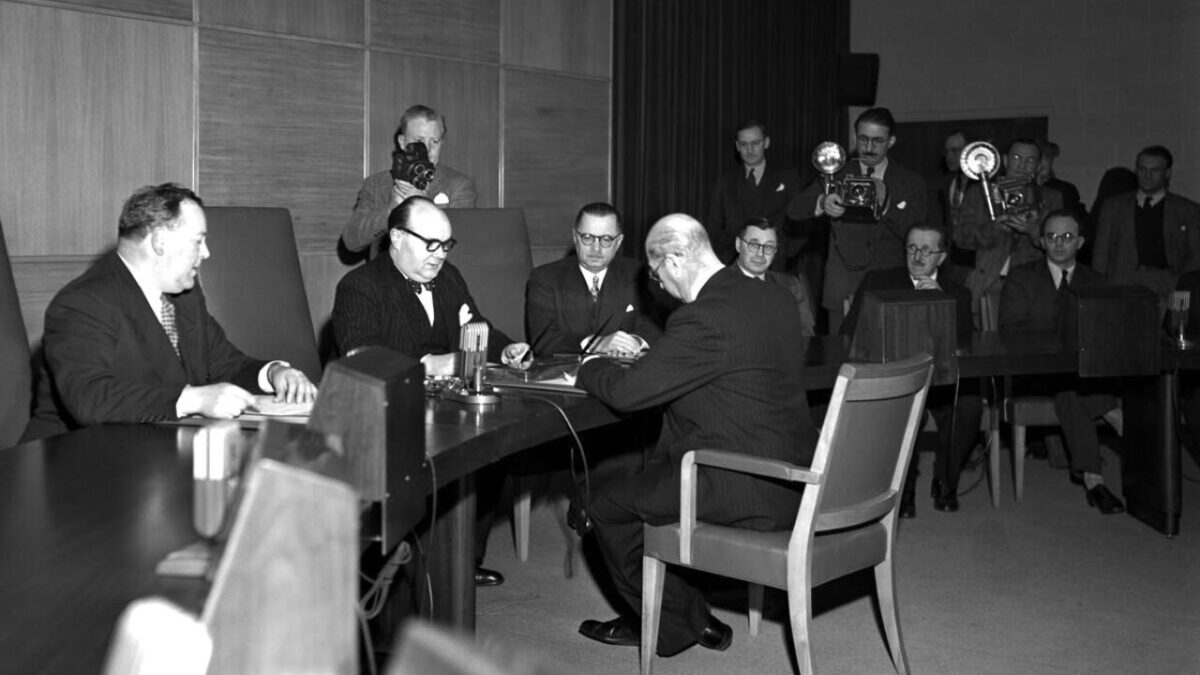Seventy-eight years ago, on November 19, 1946, Afghanistan joined the United Nations as an independent country, with Abdul Hussain Azizi signing the U.N. Charter as the nation’s representative.
Alongside Iceland and Sweden, Afghanistan was granted membership as an honorary addition to the international body. However, nearly eight decades later, Afghanistan lacks official representation at the United Nations, with its seat currently managed by an interim appointee designated by the U.N.
For the past three years, Afghanistan has also been stripped of its voting rights in the U.N. General Assembly due to unpaid membership fees, according to the organization.
Impact of political uncertainty
The suspension of Afghanistan’s voting rights and the absence of a formal permanent representative at the U.N. have raised concerns about the political consequences for the country. These developments follow the Taliban’s return to power in August 2021 and the collapse of the previous republic.
While the Taliban have repeatedly requested that the U.N. grant them Afghanistan’s permanent seat, the global body has yet to comply. No country or international organization has officially recognized the Taliban’s administration, leaving Afghanistan’s political future in limbo.
Citizens express frustration
Some Afghans have expressed frustration over the country’s stalled international relations, particularly with Western nations, citing significant hardships as a result.
“The ongoing political challenges and lack of formal ties with the world have created serious problems for ordinary Afghans,” said one Kabul resident.
Afghanistan’s political isolation continues to fuel uncertainty, even as the country marks this significant milestone in its history with the United Nations.





